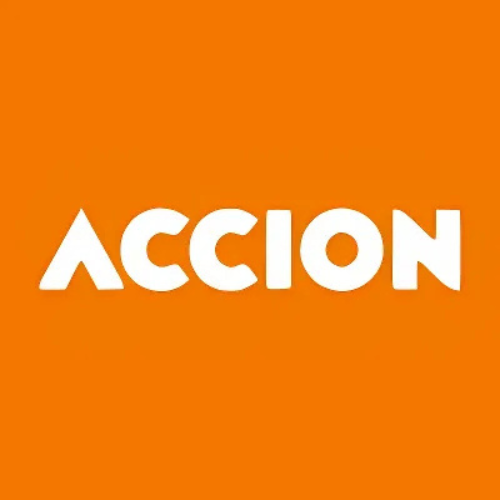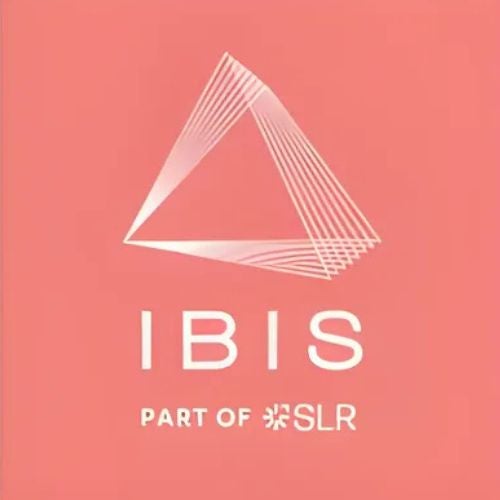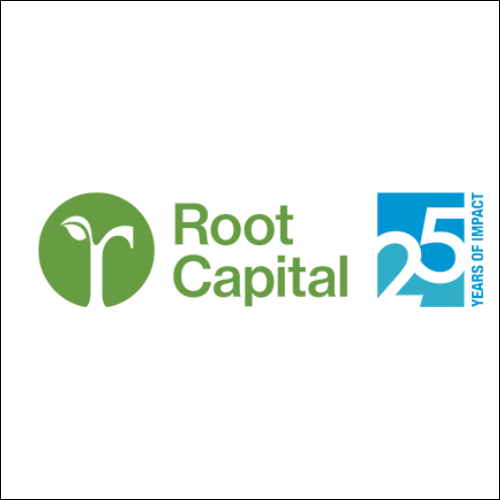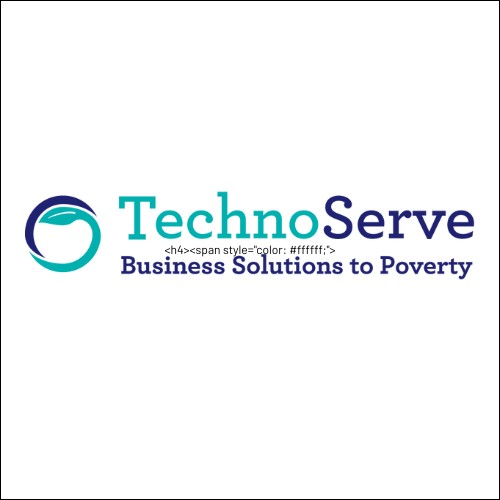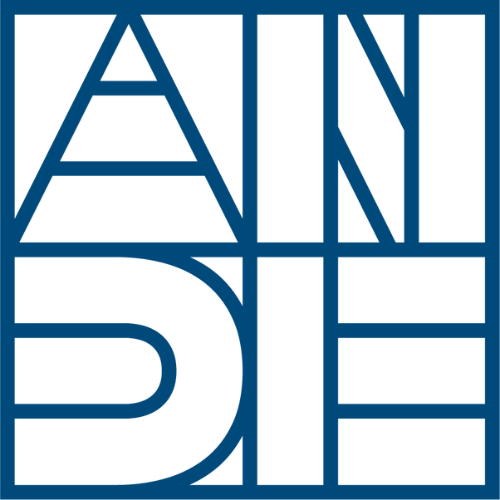ANDE Members Can Rewatch the Conversations That Are Reshaping Impact Measurement
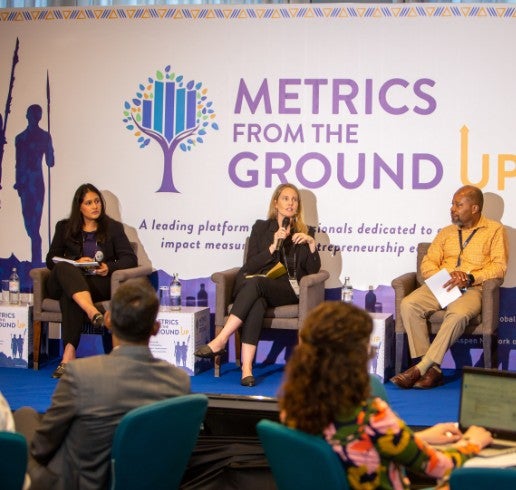
ANDE’s first-ever virtual Metrics from the Ground Up learning series extended the energy and insights from our May 2025 conference in Nairobi. Over three months, leading practitioners from across the globe unpacked real-world challenges and shared forward-looking strategies for improving how we measure and manage impact in entrepreneurial ecosystems.
From system-level metrics and gender data to soft skills and AI, each session delivers practical tools and critical thinking to inform your work. Browse the full series below and catch up on any sessions you missed.
How Can We Measure Impact Using Systems Approaches?
June 10 – TechnoServe
This session explores the added complexity of evaluating entrepreneurial support programs that aim to influence entire systems—through government, business, and civil society. Drawing on TechnoServe’s experience in Kenya, Rwanda, Benin, and Mozambique, it provides actionable guidance on adapting MEL approaches to these more indirect interventions.
Root Capital’s MEL Approaches
June 12 – Root Capital
This session presents Root Capital’s portfolio of evaluation methodologies, including econometric and correlational studies, with an emphasis on transparency, rigor, and the limitations of perception surveys. A call to the impact sector to be more critical and clear about what we can—and cannot—attribute.
Impact Map SROI
July 17 – Baanko
Baanko introduces a powerful adaptation of Social Return on Investment (SROI) that integrates financial, non-financial, and narrative indicators into a unified “value map.” Learn how this methodology supports deeper social transformation metrics across stakeholders and themes.
Better Data on Women’s Usage of Financial Services
July 22 – Accion
This session highlights Accion’s work to strengthen sex-disaggregated data collection in financial services, supporting gender-lens investment strategies. The session includes findings from their collaboration with the 60 Decibels Microfinance Index and offers guidance for ecosystem-wide change.
Impact Performance Verification for Social Enterprises
July 24 – Moonshot Global
Moonshot Global shares best practices from working with outcome-based funders and conducting third-party verifications. Topics include indicator selection, AI-powered data systems, and supporting social enterprises through credible audit and evaluation processes.
Measuring Soft Skills in Impact Investing for SMEs
July 28 – F3 Global
How can we quantify leadership, resilience, and adaptability? F3 Global presents frameworks and tools for measuring soft skill development in small and growing businesses—an often-overlooked factor in enterprise success and sustainability.
Theatre and Drama for Impact Measurement
August 4 – Palestine Creativity Lab
In this immersive workshop, participants explore theater-based techniques—like role-play and simulation—to define and measure impact. “IMPACT PLAY” combines storytelling, systems thinking, and human-centered design to bring data to life.
Integrating Gender into Environmental, Social and Impact Due Diligences (ESIDDs)
August 7 – IBIS Consulting
IBIS Consulting offers timely guidance for aligning due diligence processes with evolving gender-lens investing standards, including the 2X Challenge. Learn how to assess gender-related risks and opportunities using global best practices.
IMM Alignment with the SDGs
August 14 – Fetola
Fetola shares a practical M&E methodology for enterprise development programs in South Africa, emphasizing data use for program improvement and alignment with the Sustainable Development Goals.
Shaping the Future of Impact Reporting: AI, APIs & Data Sharing
August 26 – Vera Solutions
In this forward-looking session, Vera Solutions introduces a prototype API-enabled impact reporting platform. Learn how automation, structured data, and interoperability can reduce reporting burdens and unlock real-time insights across the impact ecosystem.
ANDE Impact Measurement and Management
Measurement is about more than just accountability. We believe measurement can build more impactful businesses, improve resource allocation, and support sector-wide efficiency.

